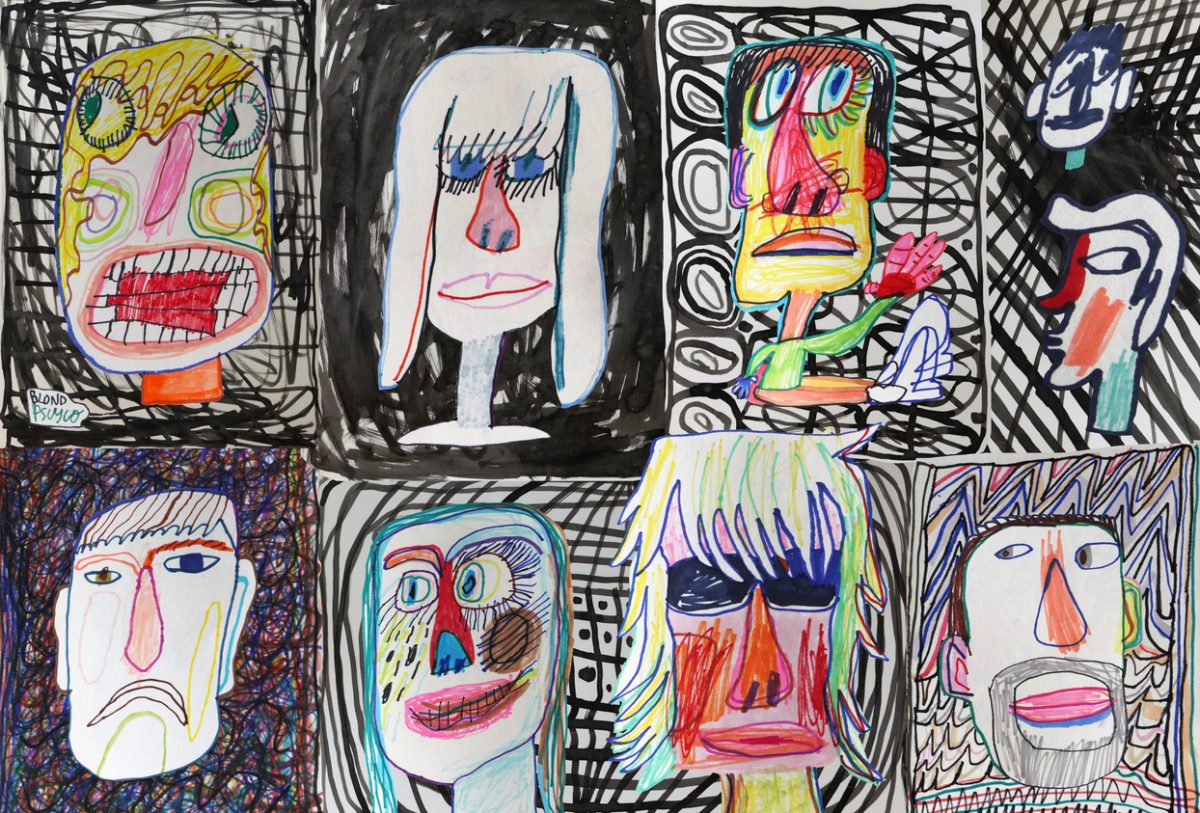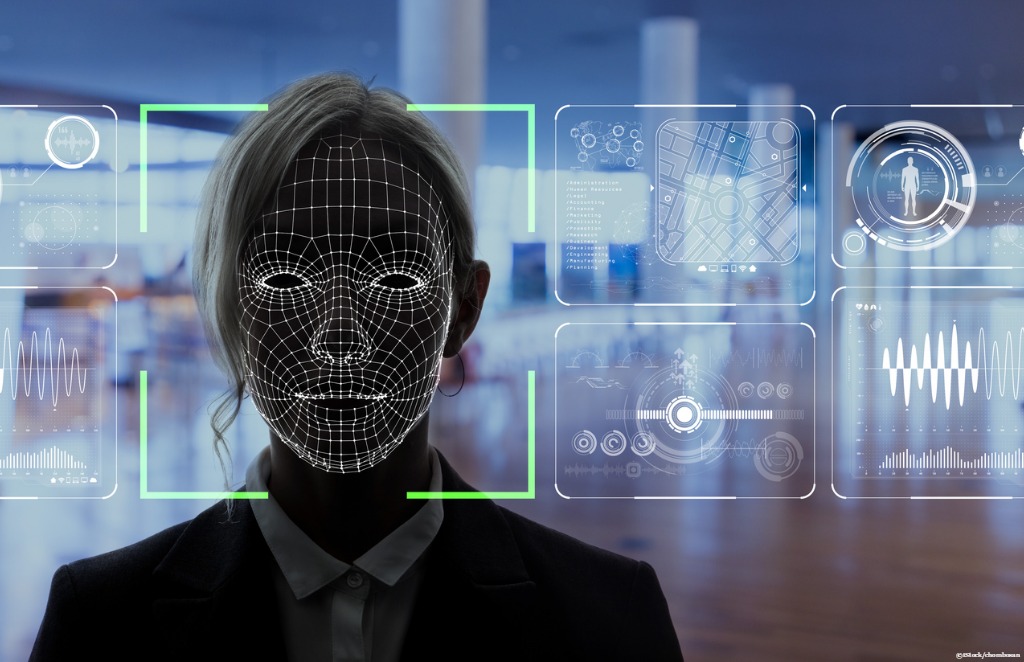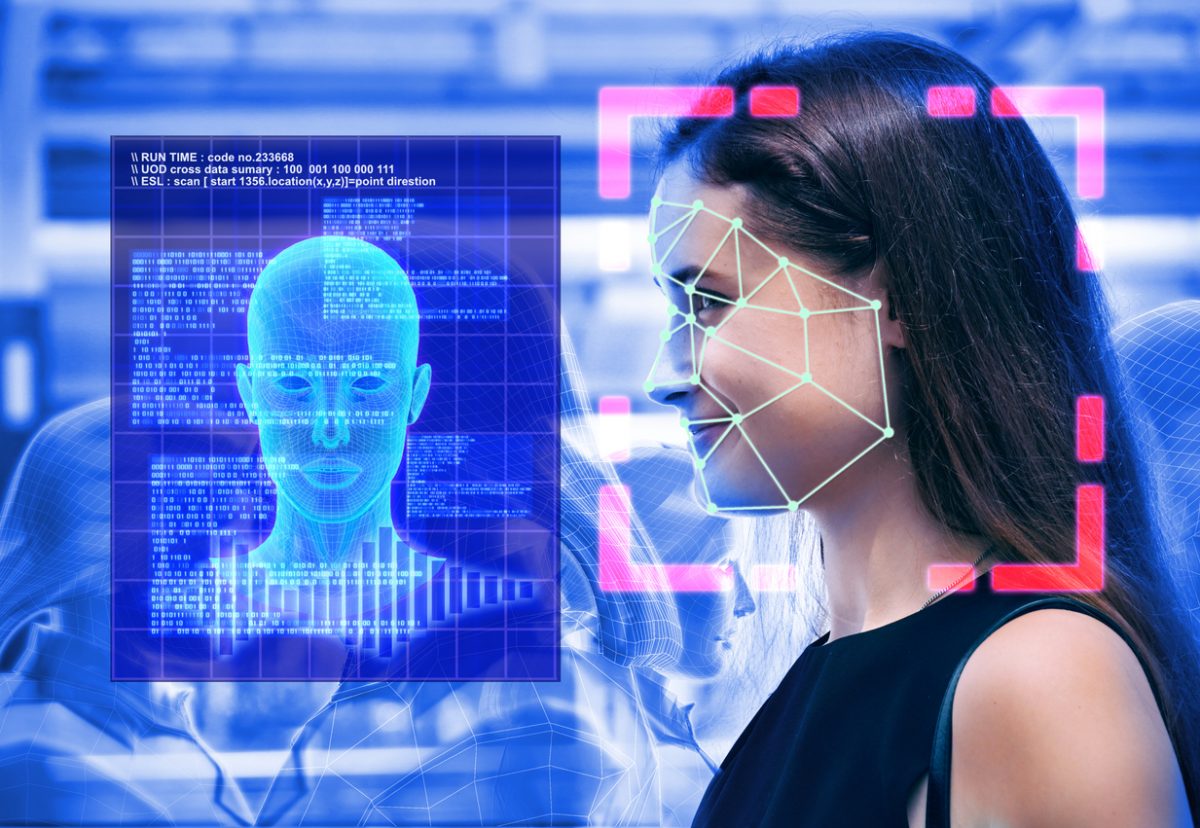Police in China will use AI face recognition to identify ‘lost’ elderly
Chinese police hope to use AI-powered facial recognition, in combination with the nation's mass surveillance network, to identify lost elderly people.
The country's surveillance network is often scrutinised for being invasive, but the ability to detect potentially vulnerable people helps to shift the perception that it primarily benefits the government.
Public data suggests around 500,000 elderly people get lost each year, the equivalent of around 1,370 per day. About 72...









